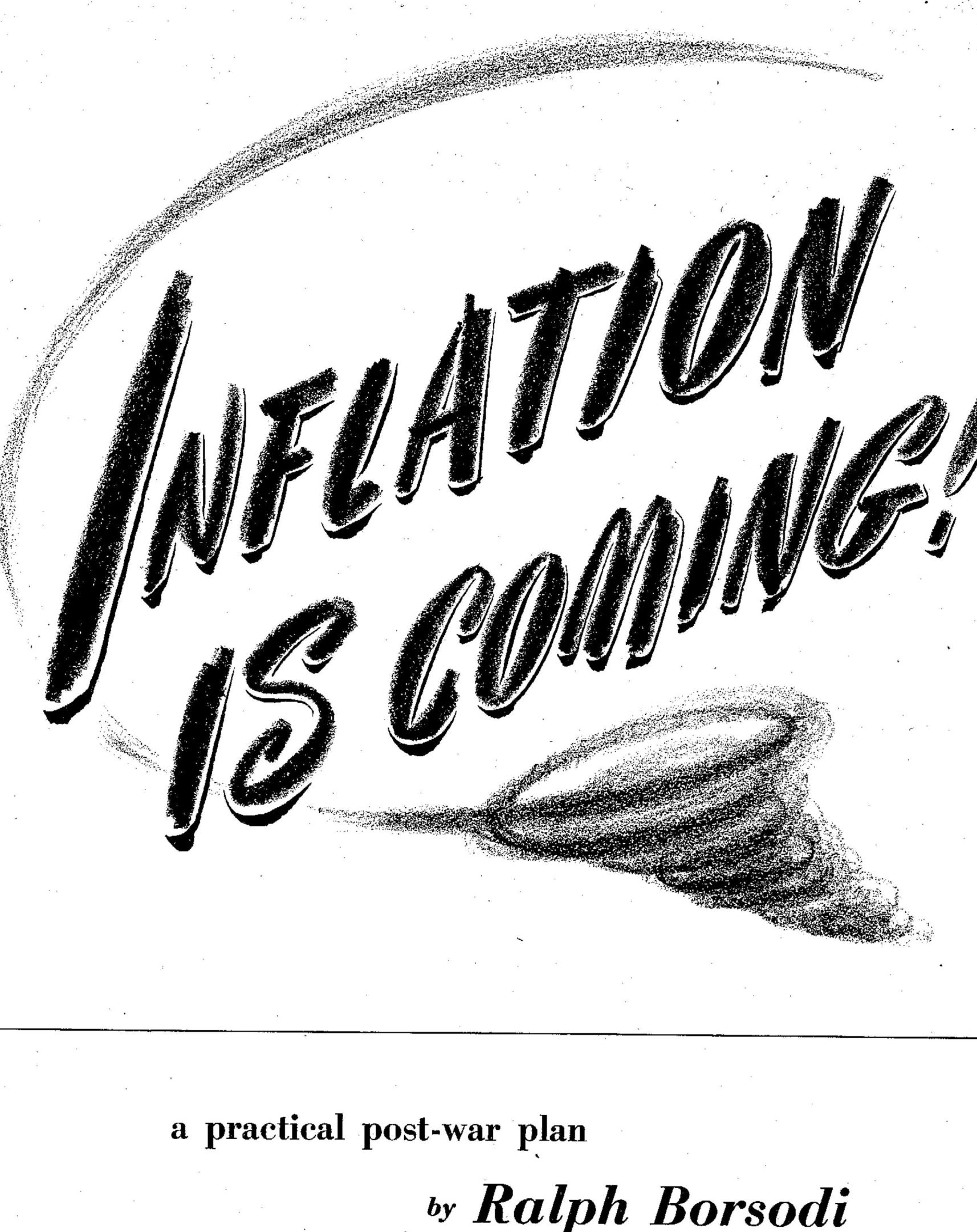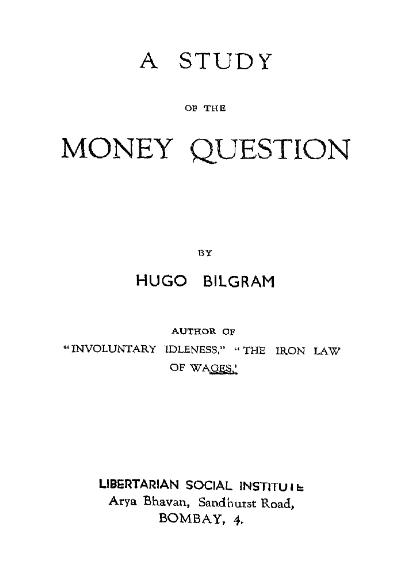Over the past few weeks I’ve begun the process of cataloging the books, pamphlets and other print materials in my unique and rather sizeable collection. The process has been greatly facilitated by using an app named CLZ Books which is able to find citations from the online database by reading the bar codes that are usually printed on the back cover or dust jacket of a book, or by manually entering the ISBN, or title, or author.
Many of the works in my collection are old enough to lack bar codes and many lack even ISBN numbers, but these can often be found in the database by manually entering the title or author. So far I’ve managed to catalog almost 200 titles. The remaining items are pamphlets and photocopies which will require more intensive effort.
In going through this process, I’m selecting a few works to add to the digital Library on my website Beyondmoney.net. I first do a search to see if digital versions already exist somewhere on the Web. If they do, I’ll provide a link, or download them to my computer and place them on my own website. If no digital version is found, I may choose to transcribe the work, either in whole or in part, by speaking it into a voice recognition app that is able to convert it to text. An example of the former is Inflation is Coming and What to Do About It, by Ralph Borsodi, one of the people who have inspired my work. It was written in 1945, but the copy I have in my library is the 1948 version which is essentially the same. I did retrieve a PDF file of the book from the website of Cooperative Individualism, and you can read it here.

The financial and economic collapse did not happen as soon as Borsodi thought it might, nor did it quite follow the mechanism that he expected. He seems not to have anticipated the globalization of the economy, the shift of the US from the world’s greatest creditor nation to its greatest debtor, or the extent to which the US dollar would become the global reserve currency, and the enormous appetite of other countries for holding and accumulating ever greater pools of dollars. Neither did he foresee the long succession of stop-gap measures that have been rolled out by the political and monetary authorities over the subsequent decades to prop up the flawed system, such as corporate and bank bail-outs, corporate consolidations, quantitative easing, and bail-ins, and the ever greater centralization of financial, economic and political control. But Borsodi was not wrong. We can now see looming on the horizon either (1) the collapse the dollar and the global financial system, which will take the economy with it, or (2) the imposition of an ever more totalitarian government that will micro-manage every aspect of society and individual behavior.
The first of these will probably be inadvertent and unanticipated. The second has long been planned, is in the works, and is rapidly unfolding. The global power elite seem to believe that they can engineer a controlled demolition of the existing financial mechanisms and replace it with a new system that will further increase their power and wealth. Recent developments are signaling the elimination of cash money, the introduction of Central Bank Digital Currencies (CBDCs), as well as onerous demands on people in the name of public health, climate change, and other “emergencies.” We should expect to see the United States and other countries to roll out their own versions of China’s social credit system which will determine what each individual will be allowed or not allowed to do, along with some system of positive personal identification (PPI), most likely using a mandatory chip implant.
My physical book library also contains a rare copy of, A Study of the Money Question, by Hugo Bilgram. This slim volume,

published in 1894, provides some valuable insights into the essential nature of money, the necessary functions of an effective system of exchange, a critique of the banking system as it existed at the time, and Bilgram’s description of a “rational money system.” I did not expect to find it on the web so I spent a considerable amount of time transcribing it and adding my commentary, which you can read here. A subsequent search did locate a PDF file of the book on Internet Archive, which I have downloaded and added to my online Library.
I believe that both of these will be of value to serious students, researchers and innovators working in the field of money, banking, and exchange.


Pingback: Newsletter, June 2023 — The Emerging New Civilization | Beyond Money
Great effort, I appreciate it a lot. I was able to read your books on the Internet Archive (IA), so it’s the most valuable resource to me. I suppose, that you may consider uploading the books from your digitized library there.
I know that E.C. Riegel inspired your research a lot, so I wonder whether you’ve got a copy of his book Planned prosperity: An outline of the guild system, New York, Consumers Guild of America, Inc.,1938. I’m curious whether it’s related to cooperative economy in some way. I was unable to find it online so far although it should be in public domain.
As an off-topic, may I ask you about your opinion on the Islamic banking. I’m currently reading every book on the subject on the IA, so I’m looking forward to your insights.
LikeLike
Thank you for your comment. I’m pleased to know that you recognize the importance of the my work and that of E.C. Riegel. I do not have a copy of Riegel’s “Planned prosperity,” but I think it is unlikely that it contains much that isn’t better expressed in his later works. Spencer MacCallum (deceased) rescued Riegel’s literary legacy from oblivion, a story he tells in his Forward to Riegel’s Flight From Inflation. At one point I went through Spencer’s collection and copied what I considered to be the most important documents.
Regarding Islamic banking, the prohibition of usury, as in Judaism and Christianity, points toward a necessary restructuring of money and banking, but the current practice finds ways to charge usury in disguised form. I presume you’ve read about my proposed “Equity Mortgage” in Chapter 20 of my book, “The End of Money and the Future of Civilization.” Search my website using the term, “Islamic” for more info.
LikeLike